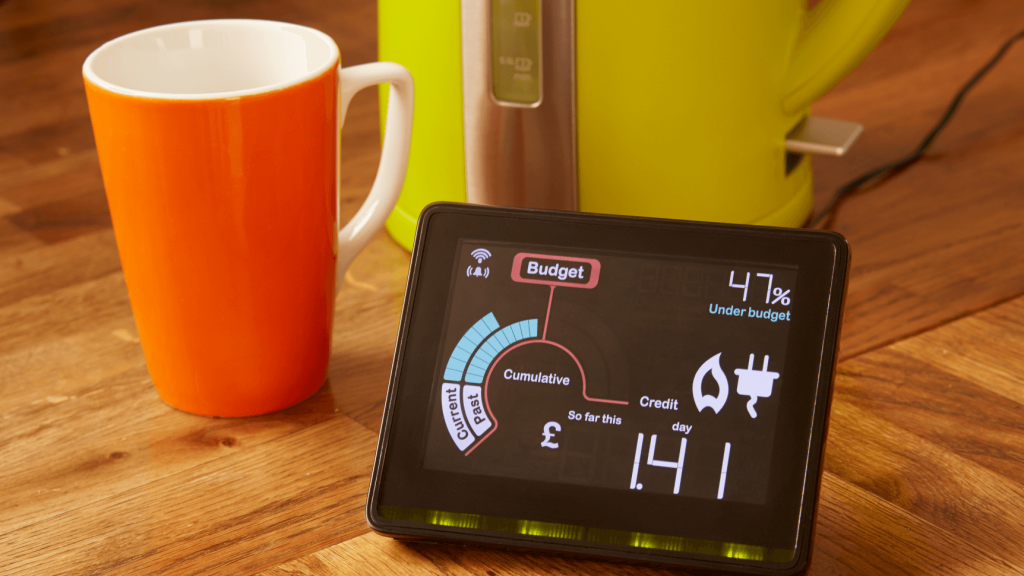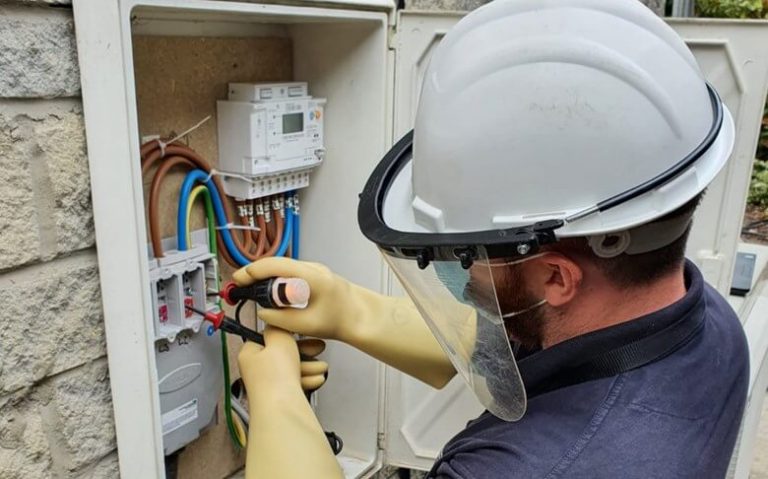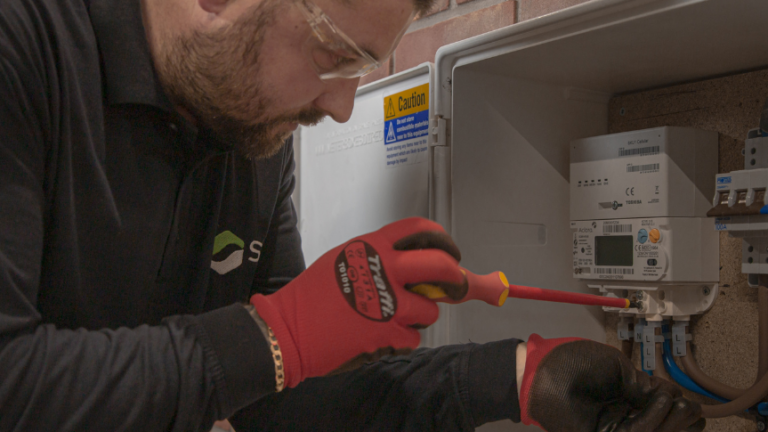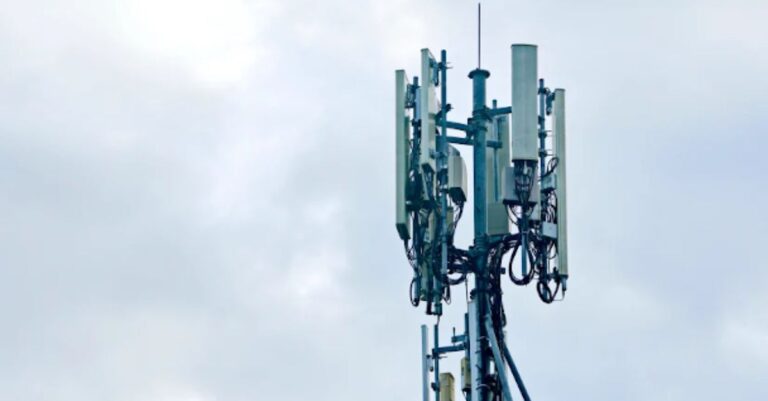Following an industry consultation, the UK Government has confirmed it will introduce a new regulatory framework for the next phase of the smart meter rollout.
After considering responses from industry stakeholders, including SMS, the new framework – which the Department of Business, Energy & Industrial Strategy (BEIS) originally announced last September – will set “clear, defined outcomes for all energy suppliers to deliver a market-wide rollout of smart metering as soon as practicable.”
However, in light of the significant impact of the coronavirus (COVID-19) pandemic, Government confirmed a six-month extension to the existing ‘all reasonable steps’ obligation until 30 June 2021. BEIS also confirmed that the expected new 4-year framework will be implemented following this extension, effectively extending the smart meter rollout to 1st July 2025.
“This will give energy suppliers flexibility as lockdown restrictions are eased and they remobilise their smart meter rollouts,” a statement said.
The new framework will set minimum annual installation targets for individual energy suppliers “subject to an annual tolerance level”, rather than have a single global percentage installation target. According to Government, these tolerance levels will be consulted on in Autumn 2020 “when further information is available”, including progress on the remobilisation of the roll out as lockdown eases.
Improving the smart meter customer journey
In setting out further policy measures, including how it can “proactively support the uptake of smart metering by consumers” Government continued to emphasise the importance of customer choice. The quality of energy suppliers’ customer journeys throughout the booking and installation process was also highlighted as being of “paramount importance” to ensure maximum benefits are derived.
“Forcing consumers to accept a smart meter may negatively affect the consumer journey and lead to these benefits not being realised”, BEIS said.
However, once operational performance of the rollout progresses, Government said it intended to consider other measures, such as mandating smart meter installations for replacement connections where a meter reaches the end of its lifetime.
In order to support the uptake of smart meters, BEIS added that it will work with Smart Energy GB – which will have its continued role as the lead campaigner of the rollout reviewed – to develop “targeted and more tailored engagement” with specific consumer groups.
BEIS stated that the new framework is in line with its “wider strategic aims in meeting its net zero commitment and supporting a clean economic recovery”.
According to the latest figures, 21.5 million smart and advanced meters had been installed in homes and small businesses in Great Britain as of 31 March 2020.



